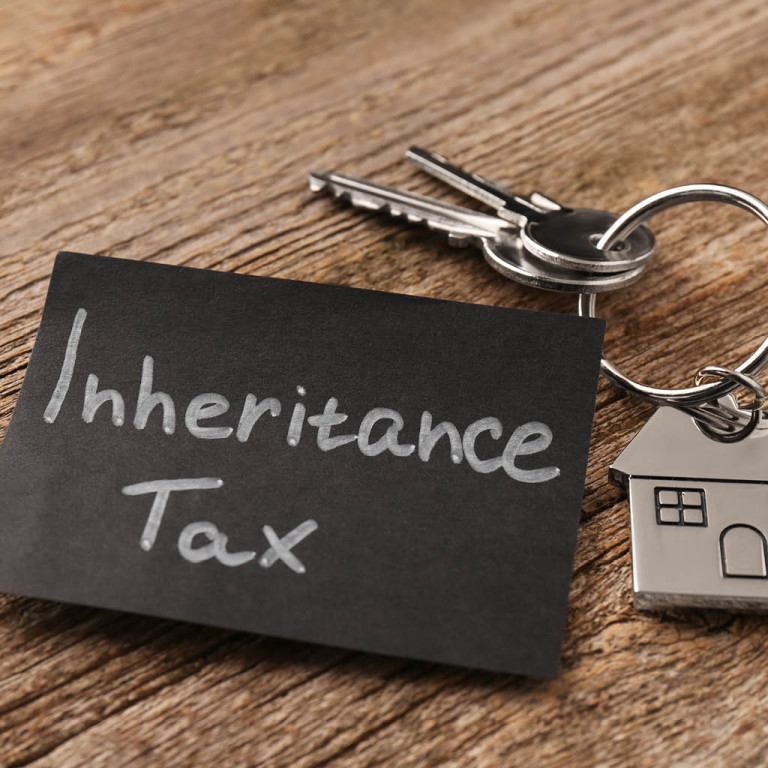For many people, the family home is their principal asset and a question which we regularly get asked by our clients is whether they should give away their property, or whether they should put it into joint names with their children.
For some, they are hoping to minimise their exposure to future care-home fees; for others, it is about wanting to reduce the burden of administration in their estates; for others still, they are wondering if it will help reduce their liability to Inheritance Tax. Whilst a person’s reason for making the gift is important, in their pursuit of achieving a specific aim, many are blinkered to the wider implications of transferring all or part of their property to their children. It is also often the case that parting with their home will not afford them the protection they are hoping for. Both their reasons for wanting to gift the home and these wider implications need to be borne in mind when considering such a gift.
Potential issues you may not have considered:
- Will gifting your property leave you potentially destitute?
When considering making a gift of any asset for any reason, it is important to ensure you can maintain a comfortable lifestyle without it, including having a contingency for unexpected expenditures. Can you afford to give away your home? If you can only afford to do so in circumstances where you are expecting to continue to benefit from the property, for example by continuing to live there rent-free, then not only would this be very risky for you to give it away (regardless of how much you trust your children) but depending on the reason for the gift, it may not achieve the desired aim.
- What if your child gets divorced after you have made the gift?
If you transfer your home to one or more of your married children and one of them subsequently gets divorced, then that child’s share of the property may end up being brought into account during divorce proceedings.
- What if your child or children fall into debt?
As above, even when you trust your children completely, it’s possible that they may make a bad decision which leads to a third party having a claim on the property, for example, because of debts that have been secured on it or because they go bankrupt. You may feel it is unlikely to happen, but it is worth contemplating the risk before making the gift.
- What if your child or children die before you?
Whilst this is something no parent wishes to contemplate, this does need to be considered. If your child should die before you then the property would form part of their estate and pass following their Will, or under the rules of intestacy if they had none. This would potentially cause problems for you if you lived on the property and were dependent on the goodwill of your children, as you would now be dependent on their beneficiaries.
- Inheritance Tax anti-avoidance provisions
Gifts to reduce your estate for Inheritance Tax purposes usually pass out of your estate after you survive the gift by seven years. However, where you retain a benefit in the gifted property, such as continuing to live in it, reserving a right to stay there periodically, or even receiving rent, you risk it being deemed to be a gift with a reservation of benefit, which means it remains part of your estate until seven years after the benefit ceases. There are a few exceptions to the gift with reservation of benefit rules applying in these circumstances, but they are not workable for everyone and require advice and careful consideration to make sure the gift has been handled (and continues to be handled) the right way.
- It may not protect your property from care home fees
If a person’s principal reason for transferring their property to their children is because they hope it will save it from being used for care home fees, they need to be aware of local authorities’ powers regarding deliberate deprivation. Essentially this means that where a local authority suspects that this is a person’s motive for giving away their home then they can still assess that person’s assets as if the property was still owned by them and require the family to pay. It is often assumed that if this is done early enough then the rules will not apply to the transaction, but while it may be harder for the local authority to claim the intention was to avoid care home fees, there is no time limit on how far back they can look.
Is putting the property in joint names with my children better?
There are some circumstances where this might be appropriate, but many of the above risks remain. It is therefore essential that you seek advice on this before taking such a step so you can make sure that it is the right one for you.
So, should I transfer my home to my children?
As with almost all questions like this, it depends on the circumstances. Some people may have considered all of the above and satisfied themselves that gifting their property, or putting into joint names, is the right course of action. The value of professional advice tailored to your personal situation therefore cannot be underestimated. Contact our legal experts today.





